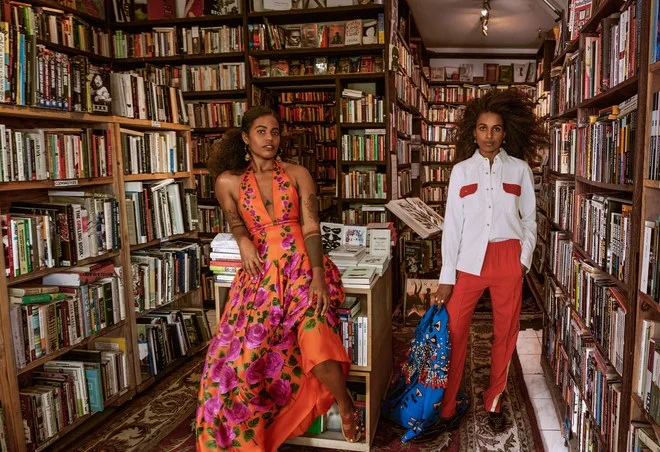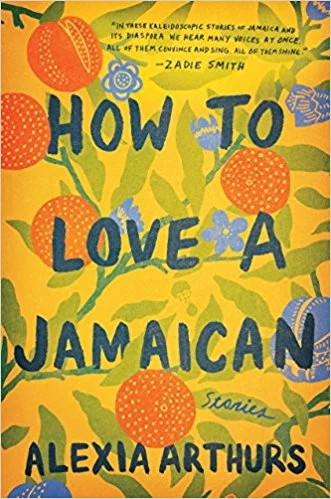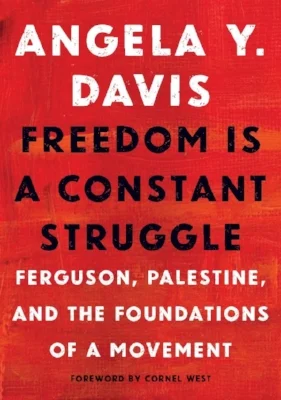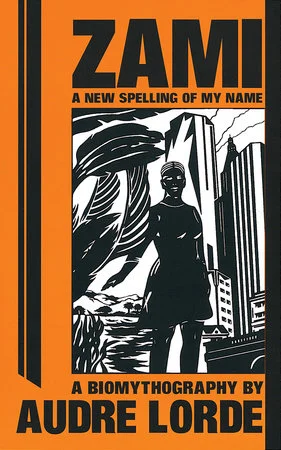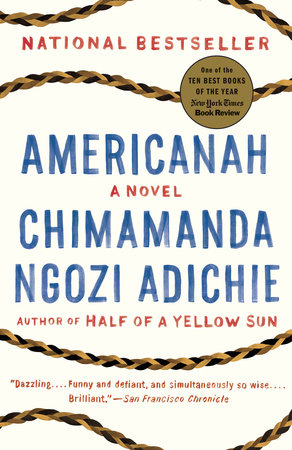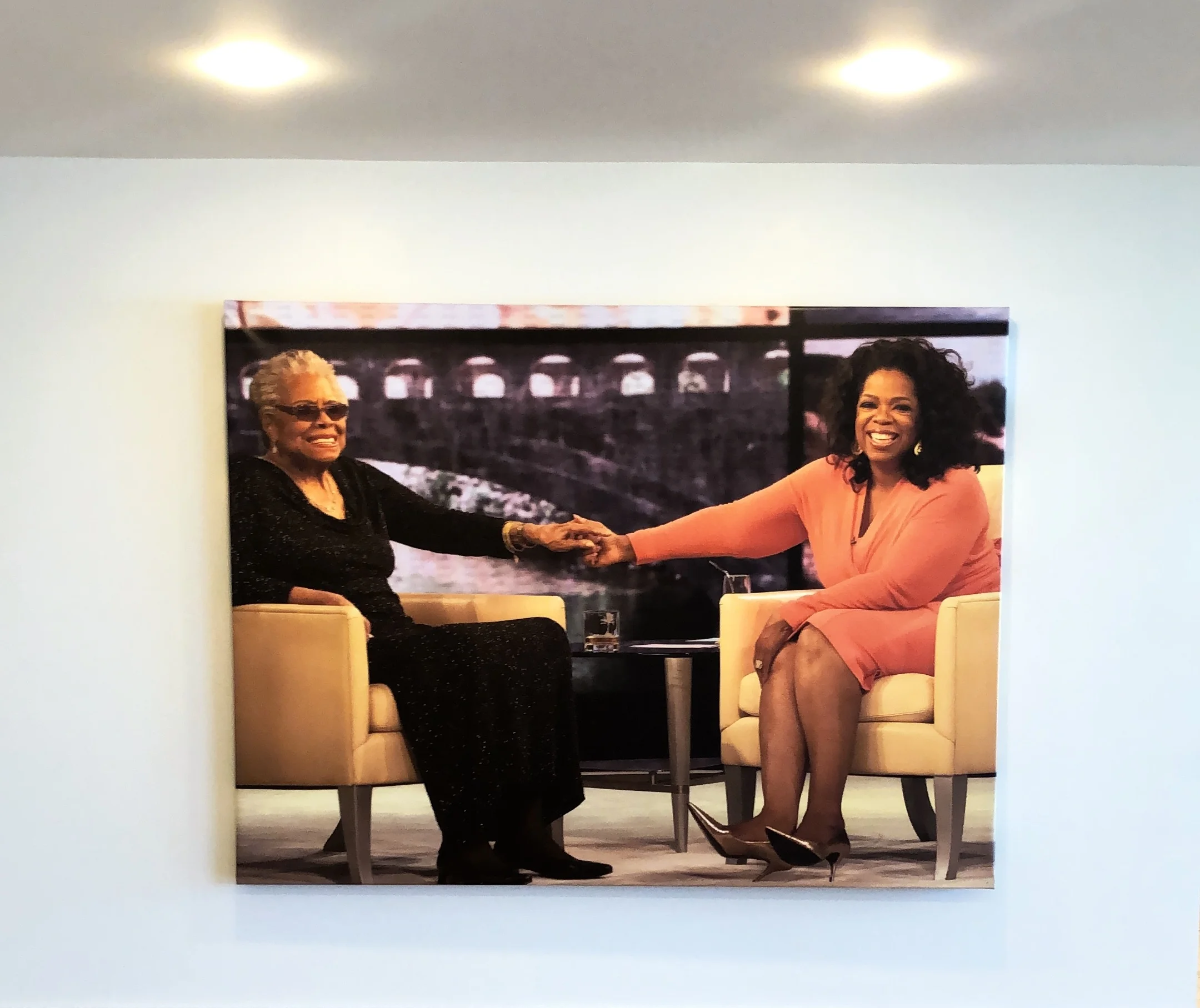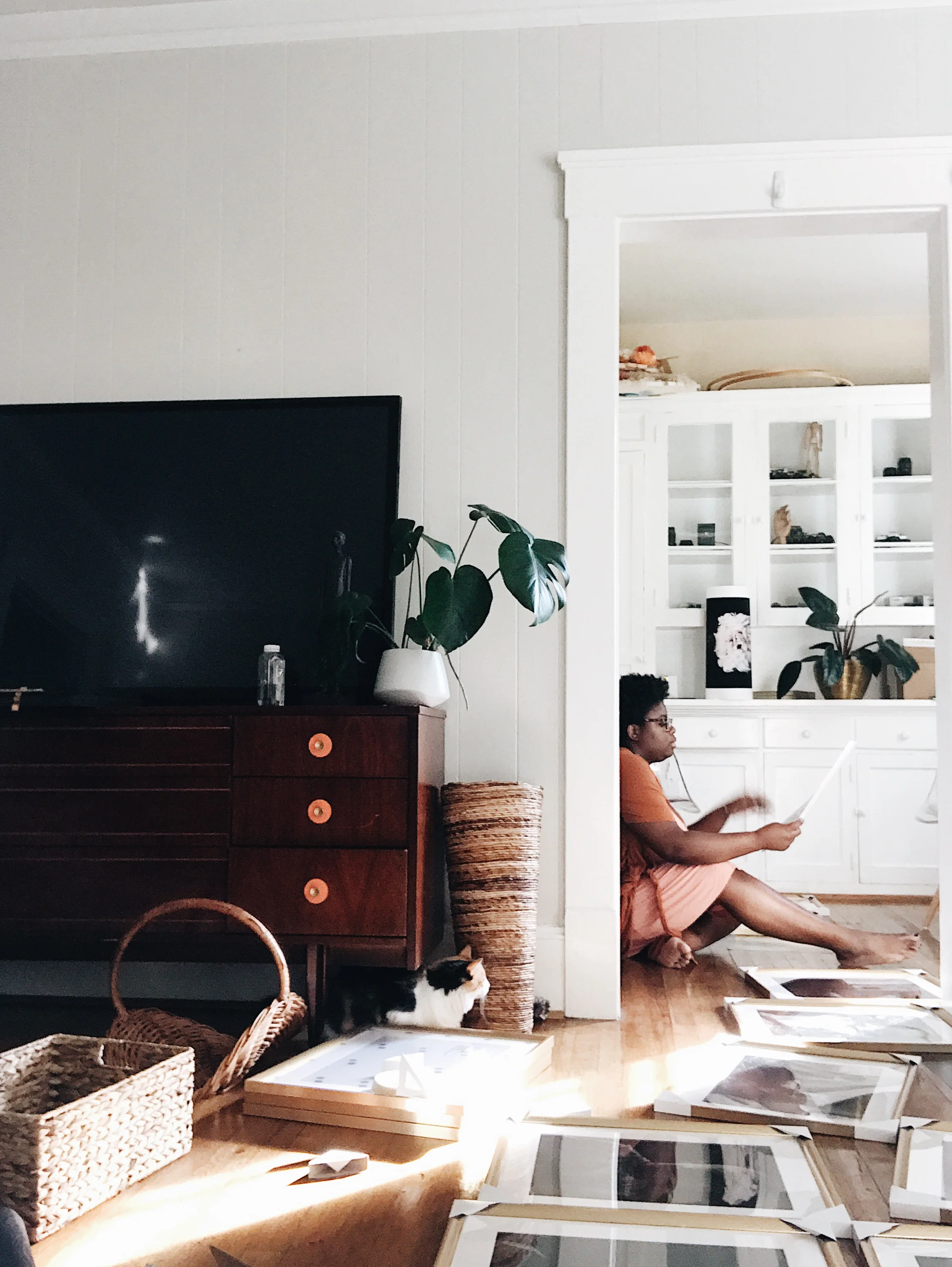10 Books Written by Black Women for Your Summer Reading List
Summer is finally in full swing, and what better way to enjoy it than to indulge yourself with a remarkable book? Whether visiting your local bookstore or buying online, with an exciting amount of Black women writers taking over the literary scene, adding to your collection should be no daunting task.
To make your week a little easier, here's a list of CRWN suggested books to knock out that summer reading list:
Akwaeke Emezi, Freshwater
In her haunting debut novel, Emezi grapples with the constructions of identity and mental health with the tale of Ada, a young Nigerian woman haunted by the ogbaje. With prose marked by dark mythicism and drawing from the author’s own experiences, Freshwater is the tale of an evolving reconciliation of fractured, untethered selves.
Edit: Akwaeke Emezi does not identify as a woman, but as a nonbinary transgender person.
Alexia Arthurs, How to Love a Jamaican
In her debut collection of short stories, Arthurs weaves the colorful tales of the Jamaican experience throughout the United States and Jamaica, where the author was born. With lyrical prose and sincere meditations on the complexities of family, gender, home, and culture, these stories provide an urgent honesty about the reality of finding home.
Angela Davis, Freedom is a Constant Struggle: Ferguson, Palestine, and the Foundations of a Movement
In her most recent publication of essays, speeches, and interviews the scholar and long-time prison abolitionist presents some timely perspectives on the execution of systemic racism in both the United States and Palestine. Through this critical work Davis draws essential connections between Palestinian and Black social struggles for justice.
Audre Lorde, Zami: A New Spelling of My Name
Zami is a poetic portraiture of the women in Lorde’s life that “work together as friends and lovers.” Birthing the genre “biomythography,” an innovative literary style which merges biography, myth, and history, the author invites us into the life of a young, Afro-Carribean, lesbian navigating the world in the 1930s.
Ayana Byrd, Lori Tharps, Hair Story: Untangling the Roots of Black Hair in America
Hair Story is filled with brilliant historical and cultural analysis of Black hair spanning from the 15th century to the early 2000s, written by two Black women with an academic love affair for Black hair.
Chimamanda Ngozi Adichie, Americanah
Americanah follows the trials of a bright Nigerian woman who attempts to make sense of her new positionality as an African immigrant in the United States. Adichie delivers a sobering critique of the essentialist mentalities of Black Americans whom regard the world within limiting dichotomies of “black and white.” Americanah astutely confronts issues of Black identity, class, and the nuanced conflicts that arise when one leaves their country for another where one is black for the first time.
Mahogany L. Browne, Idrissa Simmonds, Jamila Woods, Black Girl Magic: The Breakbeats Poets Volume 2
The second Breakbeats anthology honors the work and brilliance of contemporary Black women wordsmiths across the diaspora. Among the visionary poets featured in this collection are Safia Elhillo, Aja Monet, No Name, and Ariana Brown.
Monique W. Morris, Push Out: The Criminalization of Black Girls in Schools
The co-founder of the National Black Women’s Justice Institute, Morris urges us to reflect critically on the way in which racial and gendered discrimination in school seeps into the endemic lives of Black girls. Morris’s straightforward account of the socioeconomic conditions of Black girls in the United States and its connection to the historical criminalization which compose their reality makes for a stimulating summer read.
Naima Coster, Halsey Street
In her debut novel, Naima Coster provides a poignant look into the personal and interpersonal repercussions of gentrification on one dysfunctional Bed-Stuy family. Coster’s clear-eyed writing captures the ever shifting, complex relationship natives hold with their rapidly gentrifying neighborhoods.
Sonya Renee Taylor, The Body is not an Apology
In the opening pages of The Body is not an Apology, the distinguished poet and activist Taylor writes, “Radical self love is deeper, wider, and more expansive than anything we could call self confidence or self esteem.” This is not your average self-help book, rather it is a profound, interdisciplinary approach to accessing the rituals of radical self-healing, accountability, and resilience which counter violent systems on a global-scale.

